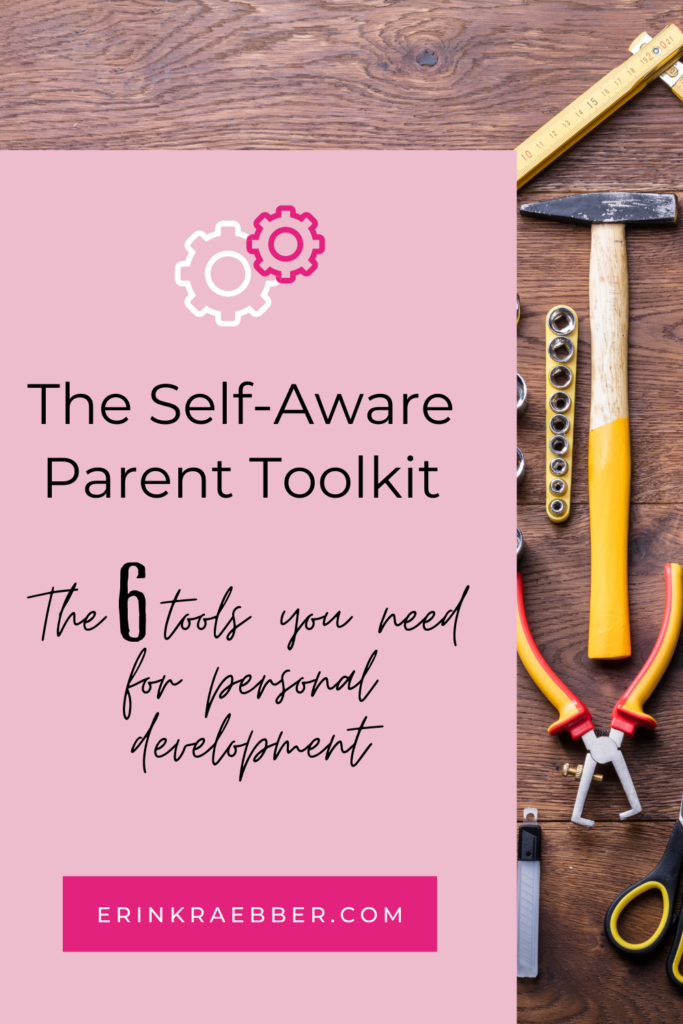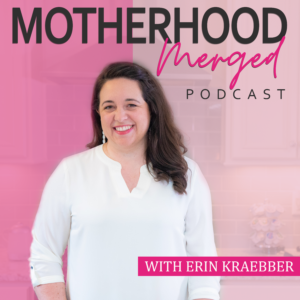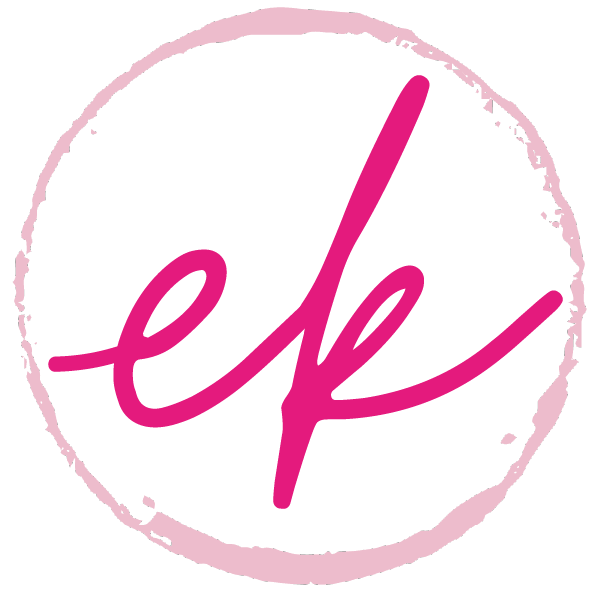Something you may not know about me: I am an assessment addict.
I am not talking about the Buzzfeed quizzes that take thirty seconds and tell you which Friends character you are most like or which Hogwarts house you belong to.
My passion is for behavioral assessments that dig deep and track opinions, habits, goals, and desires to deliver meaningful insights. Personality tests that tell me about how I build relationships best, both professionally and personally.
Self-awareness is a true skill. A tool in the toolbox of life.
I enjoy the act of plugging my thoughts and feelings into a tool and reading the whys behind them. It also provides validation because these different assessment tools show there are others out there with personalities like mine.
Self-awareness isn’t just about finding weaknesses or flaws to fix.
Through these tools, I have learned that sometimes home-me and work-me are one and the same but not always. The way I interact with co-workers and my direct reports has evolved as I have added two little people as direct reports at home. I have also observed how parenting has impacted my values and preferences in the workplace.
I would like to share six of my favorite assessment tools and how they can be beneficial to you in your self-awareness journey.
Three tools for your professional life
Myers Briggs (MBTI)
This was the first assessment tool I was ever introduced to. Likely the one that started my obsession. Back in a college leadership class we did this exercise (on pen and paper) and were given a report back with our results: a classification of our personality.
The tool itself, which you can now find free versions of online, measures preferences in how people perceive the world and make decisions. The questions are actually statements where you indicate how much you agree or disagree with the statement given. It’s a lot of statements.
The results report will provide a four-letter identification used to describe your preferences and tendencies: introversion/extroversion, sensing/intuition, thinking/feeling, judging/perceiving.
Myers Briggs is the universal personality test. I rarely come across someone that doesn’t identify with some mix of the four letters.
The piece that I think is so fascinating is that the report comes back with percentages comparing each category.
For example, I am an ENTJ but I am very close to the center on the E vs I scale but lean very far J on the J vs P scale. I have taken this test several times because I want to know if my results change when my life circumstances change.
I took it first as a 20-year-old college student, later as a young professional, and later again as a parent with years of work experience. My letters have not changed but where I am on each line shifts a bit each time. I value quiet time more these days.
DiSC
I have been fortunate to work for a company that values professional development. I was able to participate in a full-day intensive workshop around the DiSC assessment tool and really dig into my personal work style.
The Disc assessment is designed to analyze workplace preferences and priorities around four basic principles: dominance, influence, conscientiousness, and steadiness. Through a series of scaled questions, you are provided with an extremely detailed report that looks somewhat like a pizza cut into twelve slices.
A single dot is placed on top of the pizza. That dot is your type on the DiSC spectrum and its place carries all kinds of personal significance. Not only does the report go into massive detail about your dot but it also dives into a lot around how your placement on the pizza reacts to other types in many different ways.
This assessment provides a lot of clarity on values and work styles among a group. Once you understand the pieces of the pie and the placement of dots, it can generate a report for a team or group that shows all the dots.
I have done this assessment in an official capacity two times, two different employers with different sized teams, and the full group report always provides so much clarity. Even if names aren’t on the dots its always easy to place people based on who they are and how they work. It’s like turning on a lightbulb for the first time.
The group element is by far the most valuable component of this tool.
Strengths Finder
The objective of this assessment is to find your true talents based on a list of the top 34 core strengths that an individual might possess. Through a series of questions, the results are provided in the form of your top five talents.
The best part of this assessment is the level of detail provided on each of the 34 strengths. The book itself is something you don’t actually open until you finish the paperwork portion and get your results.
It describes each of the core 34 in extensive detail, one by one. What each talent means about yourself including character traits you can notice, interactions you might encounter, emotions you might feel in certain situations, how you might interact with others, and more.
I use the book as a quick guide and keep it on a shelf in my office at work. My core five might not match with others but knowing what they are helps me to mesh them best in different situations. These are great to list on a resume as well because the tool is universally recognized.
Three tools for your personal life
Enneagram
Have you heard someone refer to themselves as a number? If so, they are likely describing their enneagram personality type. There are nine very different types, each assigned a number as well as a name.
The assessment itself is a series of statements in which you select which one describes you as you are, not how you ideally would like to be. That is a critical point to this assessment and with a five-point scale for each statement, it can be a little tricky to self-select and not lean neutral.
What I love about this assessment is that the statements are simple and straightforward. The instructions request honesty but also that you default to how you behaved as a child if you aren’t sure how to answer. In childhood, we are our most honest and pure selves so it only makes sense.
This assessment has really taken off and become trendy even. When I was in college I would hear the MBTI types like I hear enneagram numbers now. There is even an Instagram account that I absolutely love dedicated to the nine types.
Enneagramandcoffee gives everyday examples and how an individual of each type reacts to the same everyday situation. Simple things like playing fantasy football or visiting a restaurant for the first time. They are funny because I have yet to find one that doesn’t describe me perfectly!
Each type is so different that its fun to read them all and try to determine who of your connections fit each type.
Love Languages
The moment I completed this assessment and read the email follow up report, my marriage changed for the better. It was that impactful.
Through a series of questions comparing simple statements, a report is provided that measures exactly where you fall in your valuation of the five ways in which you give and receive love: words of affirmation, quality time, receiving gifts, acts of service and physical touch.
The love language quiz was designed to evaluate romantic relationships but I think the insights can be applied to any partnership.
I knew without a shadow of a doubt that my husband and I would have very different results but taking the assessment, seeing our results, and discussing the differences was extremely beneficial. Its not just how you prefer to give but also receive and perceive love.
My love language is acts of service followed closely by quality time. Gifts and physical touch are much further down my list than they are on his list. Just knowing where we fall and how the unsaid things carry so much more meaning for me than either of us realized helped our communication.
Knowing ourselves helps us verbalize our needs with each other but we can also identify how to help each other in our relationships with our girls. One prefers physical touch and the other needs the words of affirmation. We each have different strengths so we are better equipped to meet these needs in the girls by working as a team.
Four Tendencies
I honestly never realized how much of a people pleaser I can be until I took this assessment. In my work life, I’m actually more of a change agent but in my personal relationships, I strive to keep everyone happy.
Four Tendencies is based on the book by Gretchen Rubin, that asks questions to determine how you respond to expectations. There are inner expectations you place on yourself and also outer expectations placed on you by others.
The quiz places you into one of four categories. You are either an upholder, questioner, obliger or a rebel.
Yes, there can be overlap in the four areas and the book gives a lot of great detail around the overlapping pieces.
I think this one was really eye-opening because the questions are very personal in nature. I could see the inner vs outer concept within the questions.
I was also surprised to see how much past experiences such as the type of home environment, roles of your parents, family life, etc… fit into shaping my responses.
Turns out, I thought I was a questioner but am 100% an obliger. Many mothers are because it’s in a mother’s nature to keep peace and put others, like kids and family relationships, first. We crave that accountability to be our best selves.
Neither is a personality weakness but the book details very specifically strengths, weaknesses of each and most importantly, what to expect in and from relationships with people of different tendencies.
So what does it all mean?
The purpose is to better know my own personality but not just for the sake of my own knowledge. I need to know myself better so I can relate to others better. Adults and children. In an effort to identify strengths and weaknesses, I can understand why I react to the stresses and disappointments the way that I do. Why some things bother me and some I can let slide.
Self-awareness doesn’t equal perfection. Being self-aware doesn’t mean I have all the answers. It just means that I have an easier time identifying my triggers. And understanding my reactions to them. A big ah-ha in many parenting situations!
Each assessment provides different insights but often they have similarities or logically fit together. The strengths I possess aren’t for every situation and the same with the weaknesses. My strengths in a corporate setting don’t always serve me as well in my personal relationships and vice versa.
The awareness piece doesn’t mean I am lacking as I am. Its just one more tool in the parenting toolbox.
Parenting has been the best mirror. Knowing myself better helps me find a balance and reconcile my need for logic when uncomfortable situations arise.
But that’s me as a ENTJ, D, 1, obliger.
Have you utilized any of these tools? If so, which have you found to be the most beneficial and why? If you haven’t yet taken any of these or haven’t since becoming a parent, I encourage you to give it a try and share your results.





Thanks for sharing! I have really learned a lot from enneagram, the four tendencies, and five love languages. Not only do these help me understand my own behavior, but also help me to interact with others in more effective ways.
Great to hear you enjoy them as much as I do. I really think they are super helpful.
Awareness is so huge! In all aspects of life to be a better spouse, friend, parent, etc. I love how you break down each of these assessments and that you have used all instead of only one. I know people who are obsessed with the enneagram and they treat it like it’s the end all be all. Have you read the book, Reading People? It breaks down all the personality tests. I found it very interesting and helpful in learning about myself and the people in my life. And the last sentence of this article is everything! 🙂
I have not seen that one but I will definitely check it out! Like I said, my obsession knows no bounds 🙂